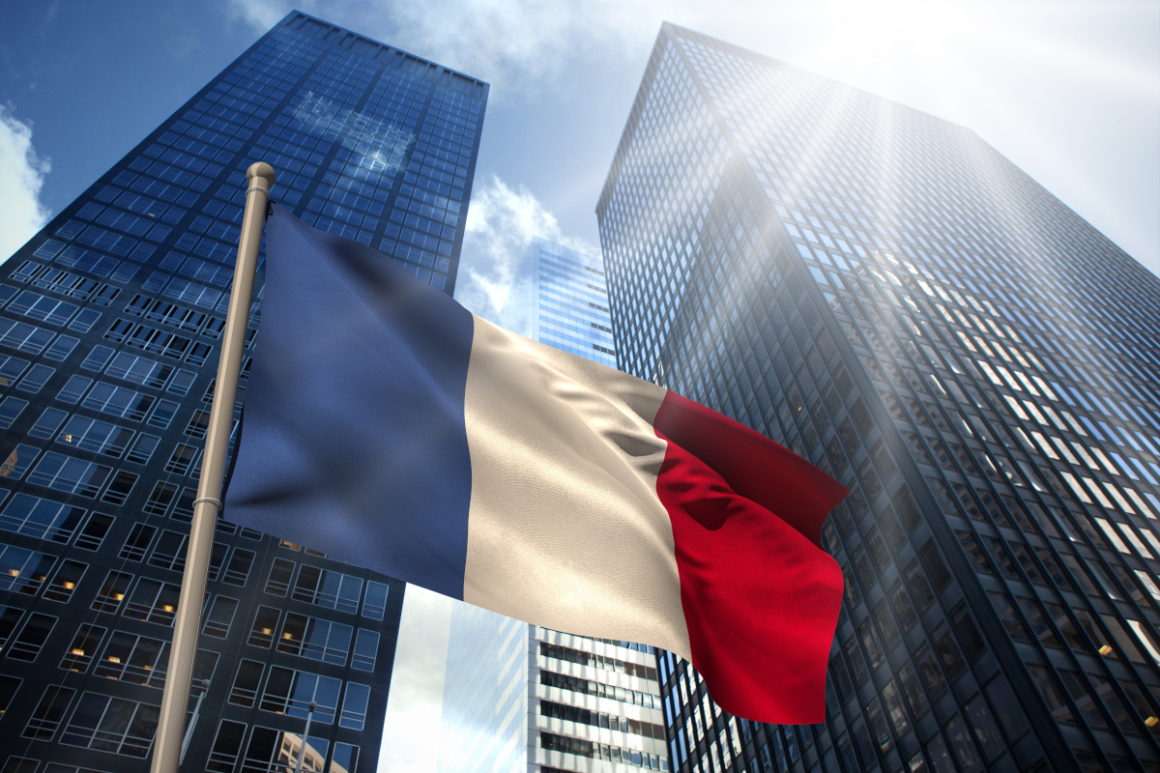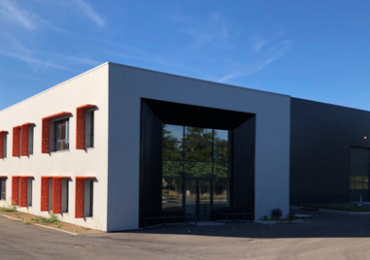For international investors interested in the French business landscape, understanding the different types of businesses in France is essential. This guide will outline each type, compare them to the options available in the UK and the US and provide a few examples of businesses.
The French business context offers various structural options, each with its own legal and fiscal implications. These legal forms cater to different business needs and sizes, offering flexibility and protection at various levels.
Startups in France
France offers a favourable environment for startups, with various incentives and grants in place to support innovation and rapid growth. The French government and the Atlantic France regional council provide tax incentives and grants, particularly in high-tech industries such as artificial intelligence and biotechnology, which are considered vital for the country’s economic future.
To illustrate, the “Crédit Impôt Recherche” (CIR) enables startups investing in research and development to deduct a percentage of these expenses from their taxes.
Differences between startups in France vs UK/USA
- United Kingdom: while also favourable for startups, especially in cities like London, the UK system is less prescriptive in terms of what constitutes a startup. It encompasses a broader range of businesses, including traditional small businesses, not just those oriented towards technology.
- USA: the American approach varies considerably, depending on the state. However, places like Silicon Valley are highly competitive, focusing less on government subsidies and more on private investment and venture capital.
An example of a startup in France we know really well is Neolithe. Established near Angers in 2019, Neolithe innovates by transforming non-recyclable waste into construction aggregates through a patented fossilisation process. This method not only promotes sustainable waste management but also aligns with France’s environmental objectives, demonstrating how startups can drive significant ecological advancements. The company raised €20 million in June 2022 and €60 million in December 2023.
Scaleups in France
A scaleup is a company that has moved beyond the startup phase and is in a stage of rapid expansion. These companies often focus on sectors like logistics and supply chain, where scalability is crucial.
The French government offers specific support for scaleups, including access to financing through public banks like Bpifrance, which provides loans, guarantees, and investment capital. Additionally, mentoring programmes and support for international expansion are commonly available to help these companies scale globally. In Atlantic France, we have created the Impact Program which specifically targets the needs of industrial scaleups.
Differences between Scaleups in France vs UK/USA
- United Kingdom: scaleups in the UK often rely more on the market and private capital for expansion. While the government does offer some support through initiatives like the Future Fund, there is less direct intervention compared to France.
- USA: similar to the UK, in the USA, scaleups tend to depend on venture capital. The government offers programmes through the Small Business Administration (SBA), but these are usually less focused than the support available in France.
Société anonyme (SA)
The SA is a more traditional form of a public limited company and is often chosen by large enterprises looking to issue shares on public stock exchanges. It requires at least two shareholders and has more stringent capital and disclosure requirements than the SAS (see below).
Equivalent in France vs UK/USA
- United Kingdom: equivalent to the “Public Limited Company (PLC)”. Both are suitable for large companies seeking public financing through share issuance.
- USA: similar to the “C Corporation”, especially in its ability to be listed on stock exchanges and attract investors from around the world.
By transforming into an SA, Lhyfe has enhanced its ability to attract investments, which is crucial for its large-scale expansion projects. These projects include the development of the green hydrogen production plant in Montoir-de-Bretagne, which aims to produce 85 tonnes of green hydrogen daily by 2028. This structure has enabled Lhyfe to strengthen its leadership in the renewable energy market and facilitate capital raising through broader financial markets.
Société par actions simplifiée (SAS)
The SAS is a flexible structure favoured by many businesses due to its simplicity in formation and operational management. It allows shareholders to limit their liability to the amount of their contributions, and offers significant freedom to organise corporate governance according to business needs.
Equivalent in France vs UK/USA
- United Kingdom: similar to the “Public Limited Company (PLC)”, both allow flexibility in management structure and are designed to facilitate investment and growth.
- USA: comparable to the “C Corporation”, known for allowing an unlimited number of shareholders and providing a robust structure for larger companies seeking to attract investments.
Comas TM adopted the SAS structure to establish its first European subsidiary in Atlantic France. Founded in 1954, the Spanish company is an expert in precision machining and specialises in rotating machinery and complex equipment. Additionally, TM Comas has developed a process for surface treatment engineering that includes a wide range of thermal spray techniques and laser additive manufacturing.
Société par actions simplifiée unipersonnelle (SASU)
The SASU is a type of company that allows a single shareholder, whether a natural or legal person, to operate a business with limited liability. This structure is ideal for individual projects where simplifying management and minimising administrative requirements are key.
This model is particularly favourable for entrepreneurs who wish to maintain complete control over business decisions without needing additional partners.
Equivalents:
- United Kingdom: the closest equivalent in the UK would be a “Single-member Company”. Though the exact term is not commonly used, it refers to a Private Limited Company (Ltd) with a single owner. Both structures offer personal liability protection to the owner while simplifying management and administrative requirements.
- USA: in the United States, the “Single-member LLC” (Limited Liability Company) shares several characteristics with the SASU, including limited liability protection and the option to be treated fiscally as a single-person company, which simplifies tax filing.
Société à Responsabilité Limitée (SARL)
The SARL is similar to the SASU in terms of liability limitation and is therefore suitable for small and medium-sized businesses with multiple partners. This form offers a more traditional structure and is common among family businesses and startups looking to expand, protecting the personal liability of partners.
Equivalents:
- United Kingdom: the most similar option is also the “Private Limited Company (Ltd)”. Like the SARL, the Ltd protects the partners’ liability up to the amount of their investment and is ideal for small and medium-sized businesses looking to expand.
- USA: the “Limited Liability Company (LLC)” in the USA is similar to the SARL in terms of liability limitation and flexibility in management and ownership structure.
Micro-entreprise
The micro-entreprise is a popular choice for individual entrepreneurs looking to streamline their business administration. It offers a simplified tax regime and fewer administrative burdens, making it ideal for small businesses and freelancers.
Equivalents:
- United Kingdom: similar to the “Sole Trader”, where the individual is responsible for their accounting and can keep all post-tax profits.
- USA: comparable to the “Sole Proprietorship”, where the entrepreneur operates the business in their own name and is directly subject to taxes.
Entrepreneur Individuel à Responsabilité Limitée (EIRL)
The EIRL allows an individual to operate as a sole entrepreneur while separating their personal assets from those dedicated to their professional activity. This means that only the assets allocated for business use can be targeted by creditors, thus protecting the entrepreneur’s personal assets.
Equivalents:
- United Kingdom: there is no direct equivalent in the UK. The closest structure would be forming a “Limited Company” where the entrepreneur is the sole director and shareholder. However, this constitutes a legally separate entity, not an extension of the individual.
- USA: similar to the “Single-Member LLC”, where the entrepreneur’s liability is limited to the assets invested in the business.
Entreprise Unipersonnelle à Responsabilité Limitée (EURL)
The EURL is actually a variant of the SARL, designed for a single owner. It offers a formal structure with limited liability and is ideal for small business owners who wish to maintain simplicity in management and decision-making while protecting their personal assets.
Equivalents:
- United Kingdom: the equivalent structure would be a “Private Limited Company” with a single shareholder and director. Like the EURL, this structure protects the entrepreneur’s personal assets against business debts and liabilities.
- USA: “Single-Member LLC” is also a good comparison here, offering limited liability protection in a single-member structure.
Do you now have a better understanding of the business types in France? If you require further information or have any queries, please refer to our advice page for more details. Alternatively, please do not hesitate to contact us if you require assistance.


 日本語
日本語  Français
Français 



